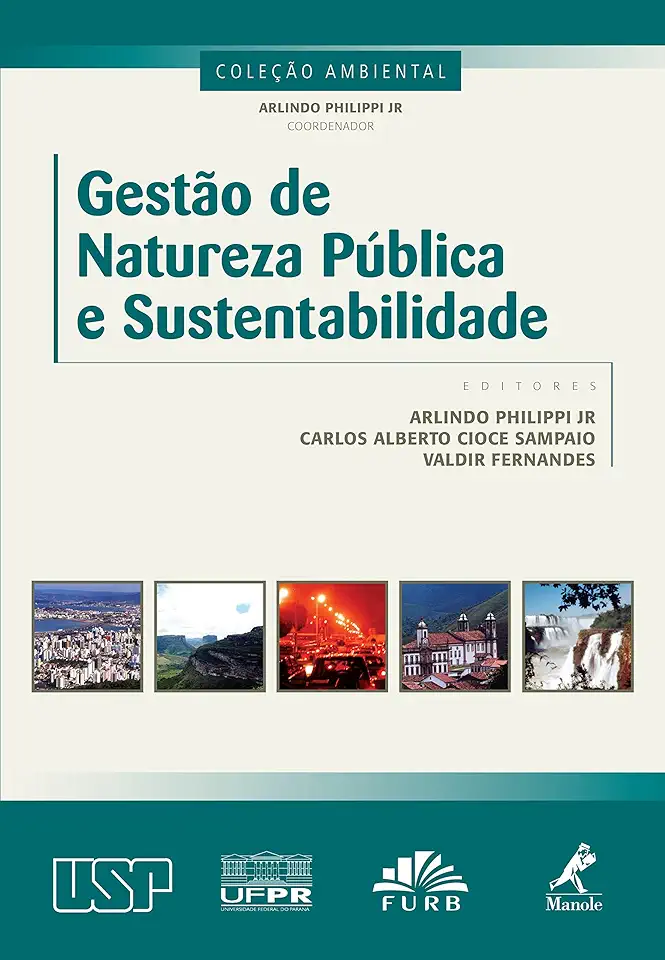
Sustainable Development and Tourism - Carlos Alberto Cioce Sampaio
Sustainable Development and Tourism: A Comprehensive Guide to Balancing Economic Growth and Environmental Protection
In today's world, the concept of sustainable development has become increasingly important, especially in the tourism industry. This book, authored by Carlos Alberto Cioce Sampaio, provides a comprehensive exploration of the intricate relationship between sustainable development and tourism, offering valuable insights and practical strategies for achieving a harmonious balance between economic growth and environmental preservation.
Understanding Sustainable Development and Tourism
Sustainable development is a holistic approach that aims to meet the needs of the present without compromising the ability of future generations to meet their own needs. In the context of tourism, sustainable development involves managing and developing tourism resources in a way that ensures their long-term viability, while minimizing negative impacts on the environment, society, and culture.
Key Principles of Sustainable Tourism
The book outlines several key principles that underpin sustainable tourism, including:
Responsible Resource Management: Emphasizing the importance of conserving natural resources, such as water, energy, and biodiversity, while minimizing waste production.
Community Involvement: Engaging local communities in the planning and management of tourism activities, ensuring that they benefit from tourism development and have a say in shaping their own future.
Cultural Preservation: Protecting and promoting local cultures and traditions, recognizing tourism as a means to foster cultural exchange and understanding.
Economic Viability: Ensuring that tourism generates economic benefits for local communities, while also contributing to the overall economic development of the region.
Challenges and Opportunities in Sustainable Tourism
The book acknowledges the challenges that arise in achieving sustainable tourism, such as the potential for environmental degradation, social inequality, and cultural erosion. However, it also highlights the numerous opportunities that sustainable tourism presents, including job creation, poverty reduction, and the promotion of environmental awareness.
Best Practices and Case Studies
To illustrate the practical application of sustainable tourism principles, the book presents a wealth of best practices and case studies from around the world. These examples showcase successful initiatives that have struck a balance between economic growth and environmental protection, providing valuable lessons for tourism stakeholders.
Conclusion
"Sustainable Development and Tourism" is a must-read for anyone involved in the tourism industry, from policymakers and practitioners to researchers and students. Its comprehensive coverage of sustainable tourism principles, challenges, and opportunities, coupled with real-world examples, makes it an indispensable resource for those committed to creating a more sustainable and responsible tourism sector.
By embracing the principles of sustainable development, the tourism industry can play a vital role in preserving our planet's natural beauty, protecting cultural heritage, and ensuring the well-being of local communities. This book serves as a valuable guide on this transformative journey towards a more sustainable future for tourism.
Enjoyed the summary? Discover all the details and take your reading to the next level — [click here to view the book on Amazon!]